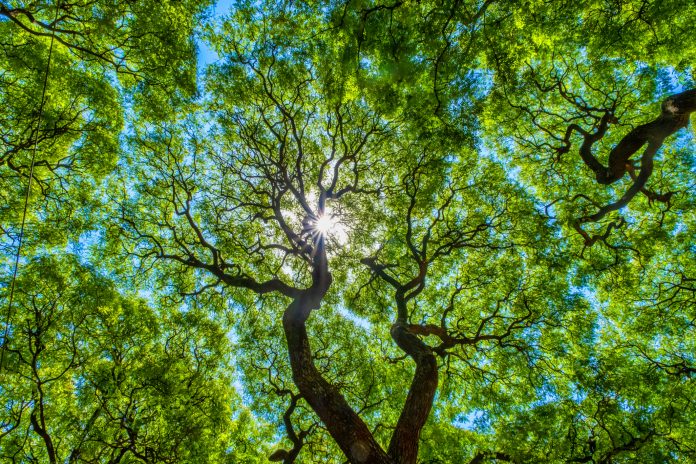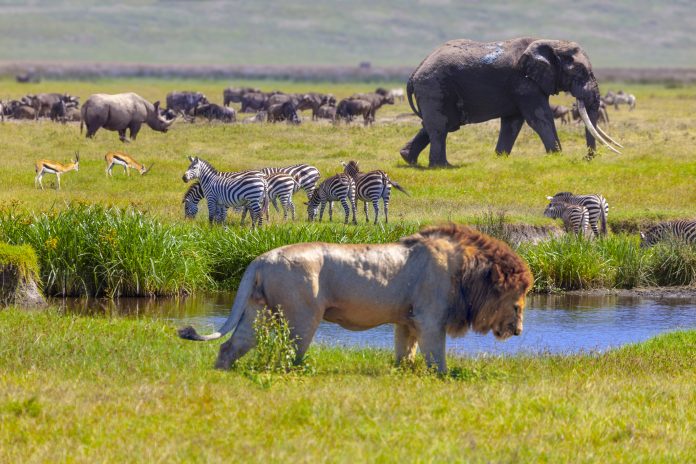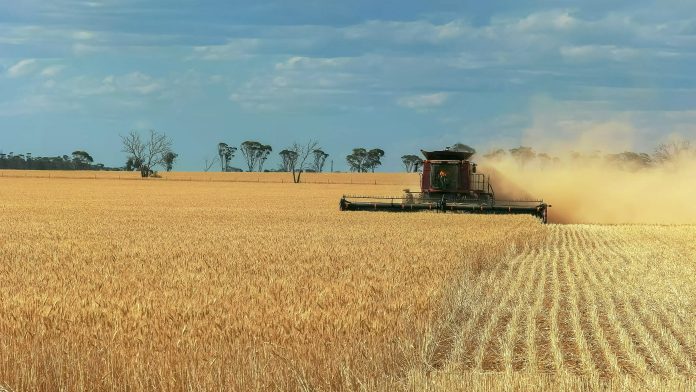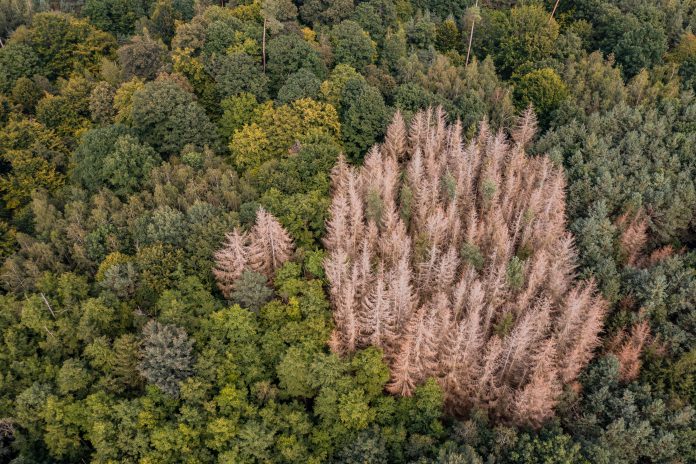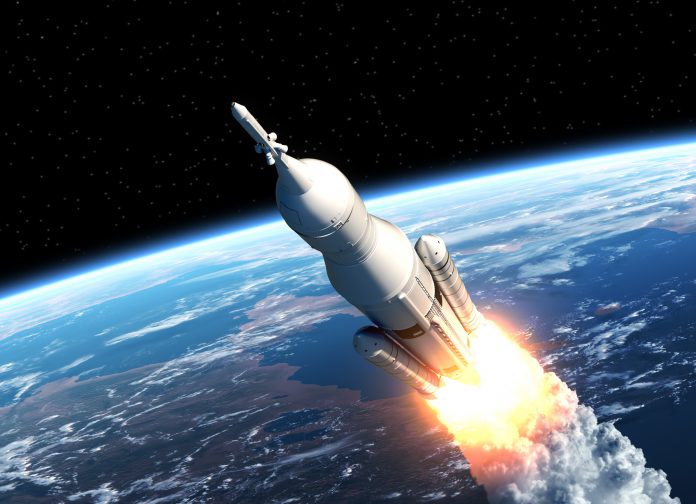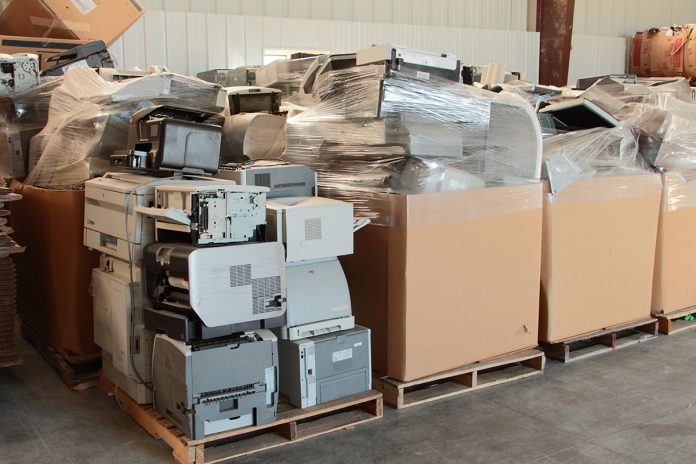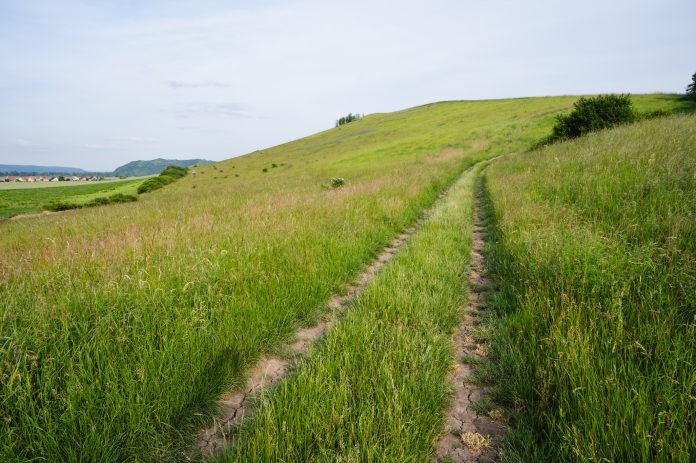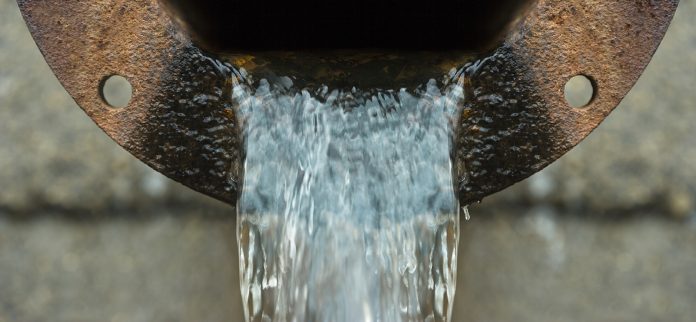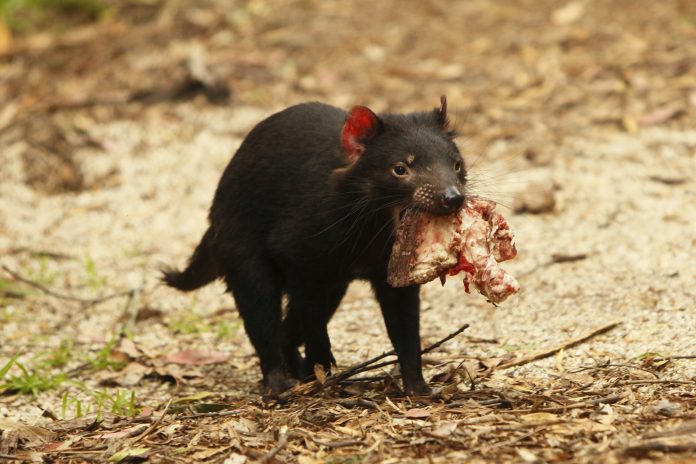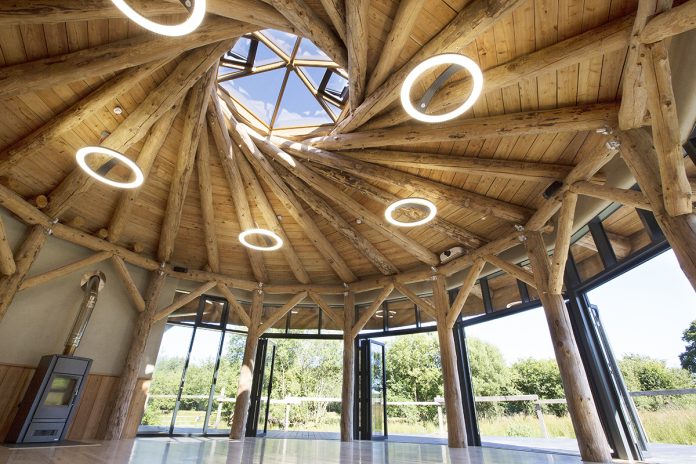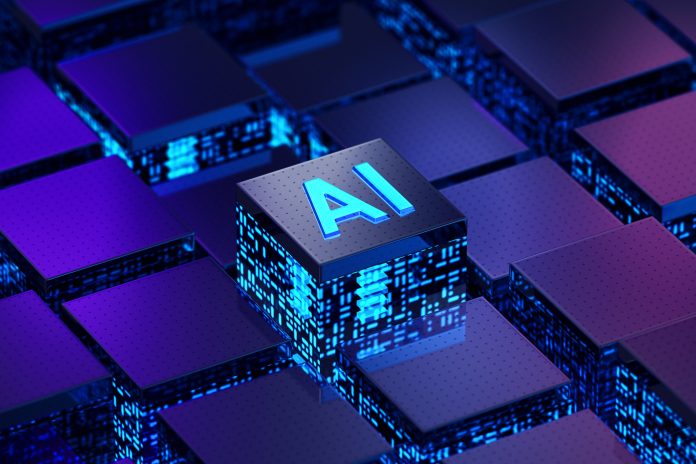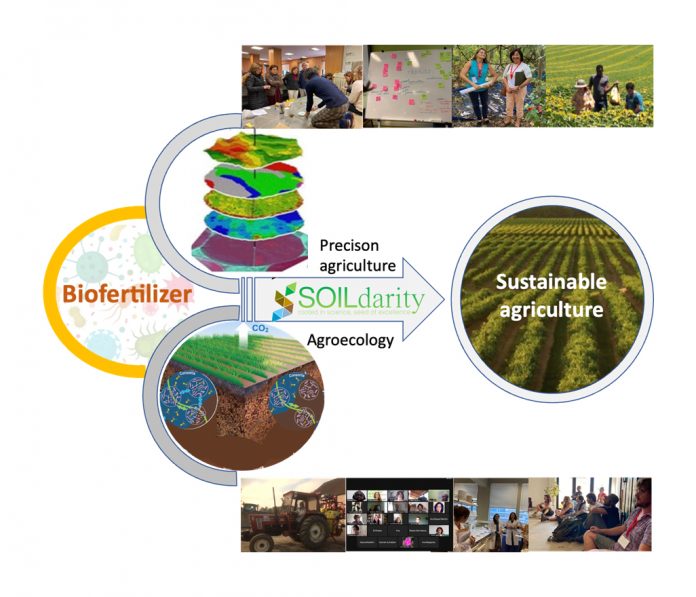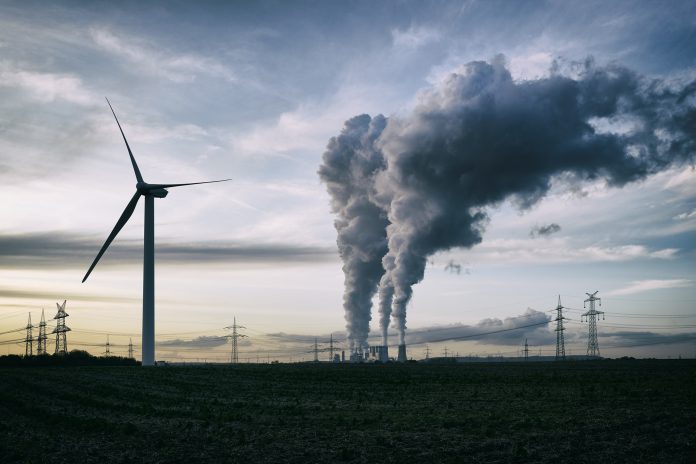Home Search
earth systems - search results
If you're not happy with the results, please do another search
New discovery unveils key to predicting solar activity peaks
Scientists at IISER Kolkata utilise decades-old data to enhance solar cycle forecasting and predicting solar activity peaks.
COP28: A call to action for global leaders
COP28 spotlights the intertwined nature-climate link in global challenges. The pivotal conference amplifies International Animal Rescue's urgent call, marking a turning point in climate action.
The impact of temperature extremes on species distribution
A recent study conducted by researchers from McGill University, in collaboration with scientists from Spain, Mexico, Portugal, Denmark, Australia, South Africa, and various Canadian universities, explores the significance of temperature in determining the current habitats of animal species.
Prison chaplaincy, reclaim space for the divine
David Buick, President of IPCA Worldwide, addresses the topic of prison chaplaincy and the need to reclaim space for the divine.
Protecting and improving Western Australia’s cropping soils in a drying climate
Dr Stephen Davies, Principal Soils Research Scientist provides expertise in managing soil limitations in cropping systems with a focus on developing practical solutions for grain growers.
Understanding the impact of drought on forests: Bridging science and practice
Due to the very long rotation times of trees 100 years old or more, the forest sector is being particularly affected by the changes brought about by climate change, especially by the impact of drought.
Wearable vibrotactile device prevents astronauts getting lost in space
Scientists have created wearable vibrotactile devices to help astronauts stay oriented and safe in space.
Innovating fuel cells: Breaking the barriers towards a hydrogen future
Eliska Krizova, Fuel Cell Stack Engineer, at Bramble Energy, discusses the main challenges to a hydrogen future and some of the innovations helping clear the roadblocks
In recent years, hydrogen has become somewhat of a buzzword - and for good reason. It is the most abundant chemical element in the...
The toxicological implications of e-waste
Here, Donald A. Bruun and Pamela J. Lein discuss the toxicological implications of e-waste and how to address this global problem.
Optimising land use to boost food production and carbon storage
A groundbreaking study by researchers from the Karlsruhe Institute of Technology (KIT) and the Heidelberg Institute for Geoinformation Technology (HeiGIT) reveals the immense potential for producing more food while enhancing carbon storage.
Wastewater surveillance for infectious disease preparedness
The University of Oklahoma Wastewater Based Epidemiology (OU WBE) team highlights successes from their three years of wastewater surveillance in Oklahoma & how this surveillance approach can be used as next-level monitoring for infectious disease preparedness.
The crucial role of scavengers in ecosystem health
Animal scavengers’ role in maintaining ecosystem balance is often overlooked. Dr Laurel Lynch from the University of Idaho tells us about her important research on how scavenging by Tasmanian devils influences ecosystem processes.
Chicken or egg? Pursuing historical context
Charles W Carter Jr, Department of Biochemistry & Biophysics, University of North Carolina at Chapel Hill, explores prebiotic processes from the historical context enabling the emergence of translation.
Tackle social and environmental challenges simultaneously
Mark McKenna MBE, Co-Founder/CEO of Down to Earth, tells us about new ways to tackle social and environmental challenges at the same time since
The award-winning group of social enterprises, Down to Earth, has been exploring new ways of tackling social and environmental challenges at the same time since 2005.
Working...
Interdisciplinary research on the splitting process of various particles
Professor Ken Naitoh from the Department of Applied Mechanics and Aerospace Engineering at Waseda University in Japan, walks us through universal laws discovered from outstanding integrated interdisciplinary research on the splitting processes of various particles.
Instant evolution: Robots crafted by artificial intelligence
Northwestern University researchers have achieved a significant milestone by creating an artificial intelligence system capable of crafting robots entirely from scratch.
Integrating biofertilizers and precision agriculture
This article presents a comprehensive analysis of the integration of biofertilisers and precision agriculture, with the aim of creating a virtuous circle of agricultural growth and sustainability, by Cristina Cruz and Teresa Dias of the Faculdade de Ciências da Universidade de Lisboa.
Factors that contribute to the gender gap in entrepreneurial self-confidence
A study by Professors Dempsey and Jennings offers key insights into why women tend to be less confident than men in their entrepreneurial ability.
Plant scientists propose ‘Re-Greening’ arid lands for CO2 sequestration
In an opinion article released in the journal Trends in Plant Science, plant experts contend that addressing the excess carbon dioxide levels in the atmosphere requires more than just emission reductions. It needs 're-greening' efforts.
Understanding soil and its crucial role to life with the Department of Agroecology
The Department of Agroecology at Aarhus University is an internationally recognized research institution dealing with agro-ecosystems and creates, develops and translates cutting-edge knowledge to advance the bioeconomy of the community, both in Denmark and abroad.



